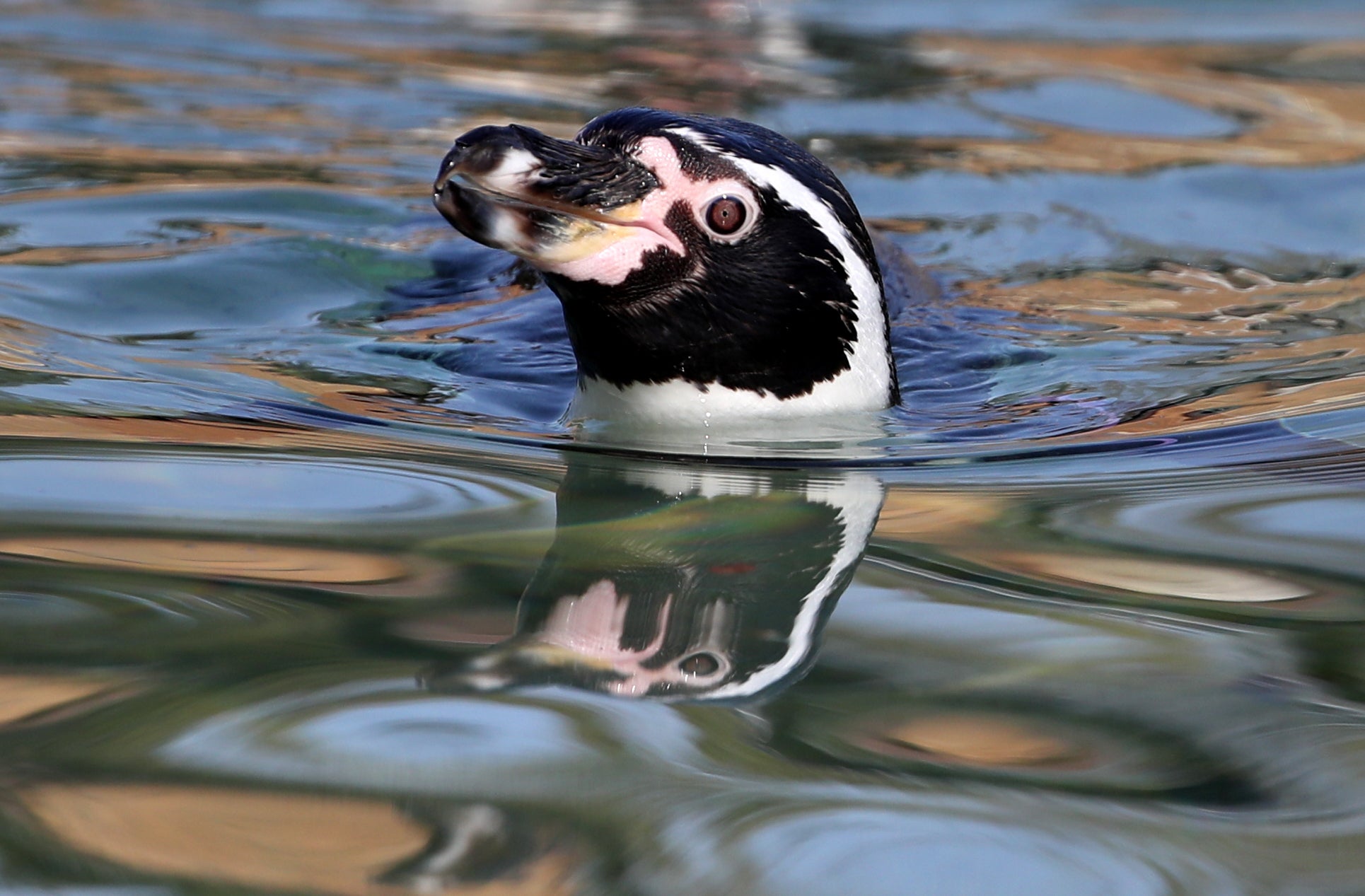Avian malaria outbreak kills around 70% of Humboldt penguin colony at Dudley Zoo
Around 50 out of the 69 birds at Dudley Zoo have been lost after an outbreak of the parasitic disease.

Your support helps us to tell the story
From reproductive rights to climate change to Big Tech, The Independent is on the ground when the story is developing. Whether it's investigating the financials of Elon Musk's pro-Trump PAC or producing our latest documentary, 'The A Word', which shines a light on the American women fighting for reproductive rights, we know how important it is to parse out the facts from the messaging.
At such a critical moment in US history, we need reporters on the ground. Your donation allows us to keep sending journalists to speak to both sides of the story.
The Independent is trusted by Americans across the entire political spectrum. And unlike many other quality news outlets, we choose not to lock Americans out of our reporting and analysis with paywalls. We believe quality journalism should be available to everyone, paid for by those who can afford it.
Your support makes all the difference.An outbreak of avian malaria has killed more than two thirds of one of the largest Humboldt penguin colonies in the country at a British zoo, staff have said.
Keepers at Dudley Zoo in the West Midlands have been left “heartbroken” after around 50 of the 69 birds in their care succumbed to the parasitic disease.
A spokeswoman told the PA news agency that the situation was “still ongoing” on Saturday morning and around 70% of the colony had already been wiped out.
Penguins are particularly susceptible to avian malaria, which is transmitted through the bite of infected mosquitos and cannot be passed from animals to humans.
Despite the best efforts of veterinary experts and zoo staff the outbreak could not be stopped.
Keepers are now working to treat the remaining birds and put in place preventative measures to “avoid (the) tragedy happening again”, the zoo said.
Derek Grove, zoo director, said: “We are all heartbroken with the huge loss in Penguin Bay and it’s been an especially distressing time for our bird team who have devoted years to their care.”
The West Midlands zoo said it has had a successful breeding programme for Humboldt penguins over the past 30 years.
Starting out with five hand-reared chicks in 1991, it had gone onto to grow one of the largest self-sustained colonies in the country, it said.
Mr Grove said penguins do not have natural resistance to the disease and it is not easily identifiable on tests, making the situation harder to control.
“Thankfully, occurrences like this are rare and in over three decades we’ve never experienced anything like it before,” he added.
“We do not know if last year’s unusual weather pattern has played a part, with wet and muggy weather not only impacting the penguin’s moulting season, but also increasing the risk of mosquitos – but what we do know is we now need to focus on continuing to treat the remaining birds and putting in place additional preventative measures to avoid this tragedy happening again.”